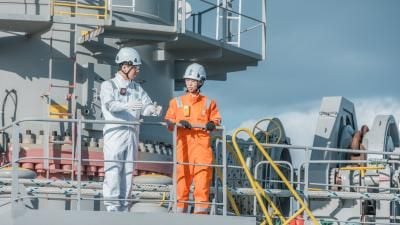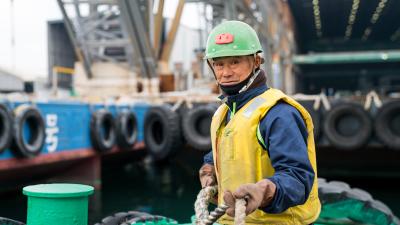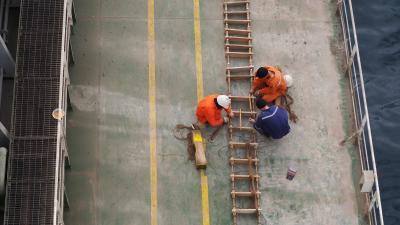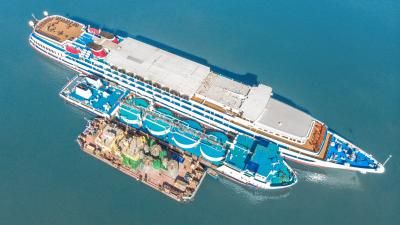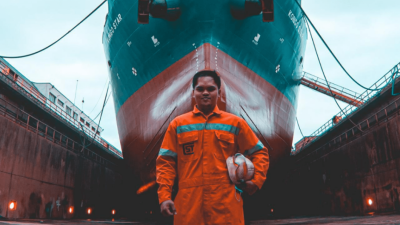Olivia leads maritime safety initiatives at the Foundation, managing strategic partnerships and projects. With over a decade of consulting experience for maritime charities, she is currently seconded as a Senior Advisor to the World Maritime University, supporting policy efforts.


